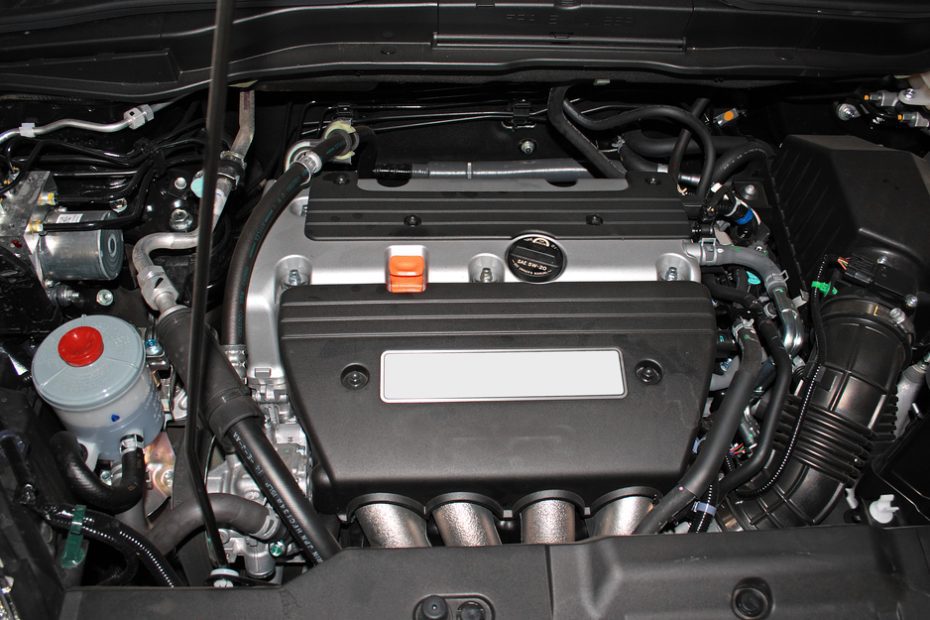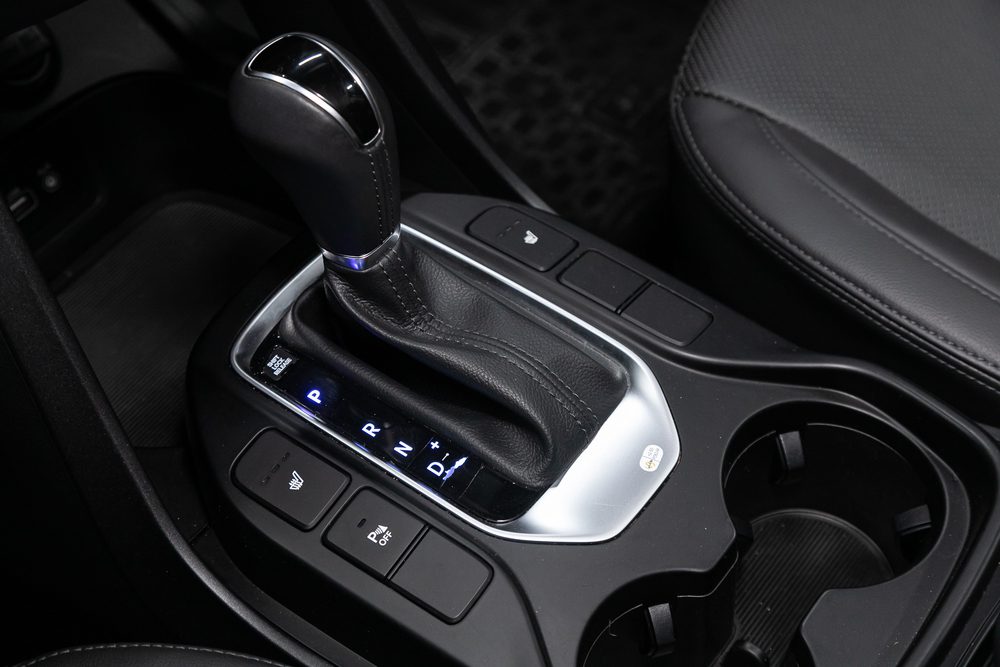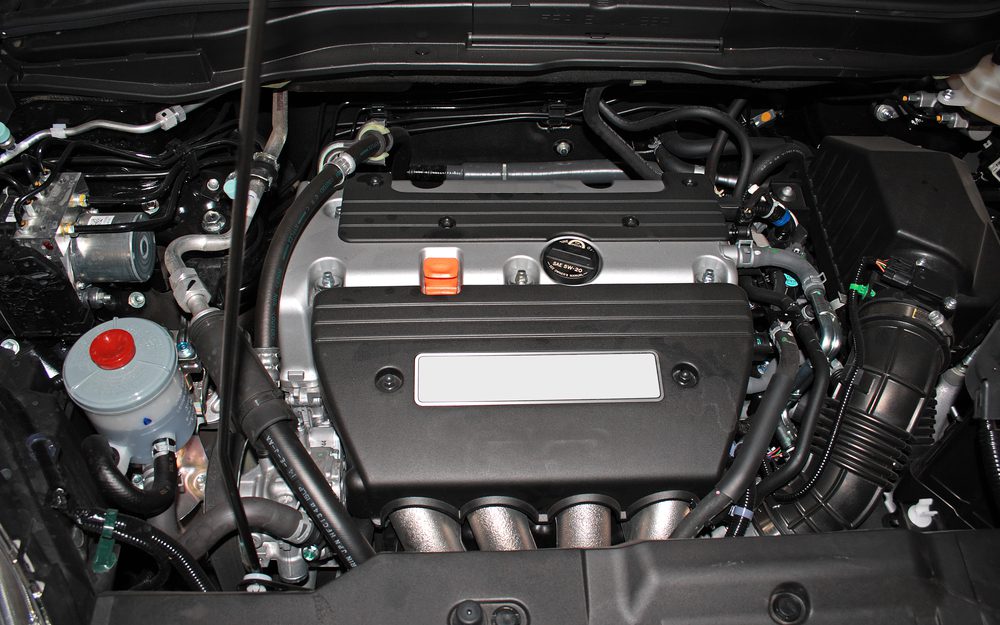Is the body control module important?
The body control module, also known as the BCM, is a crucial component in modern vehicles that plays a significant role in maintaining and controlling various electrical systems. From controlling power windows and door locks to managing the interior and exterior lighting, the body control module acts as a central hub for these functions. In essence, it serves as the brain behind many of the essential features of your car.
The Functions of the Body Control Module
The body control module is responsible for integrating and controlling various electronic devices and systems within the vehicle. Some of its primary functions include:
1. Power Distribution: The BCM manages the distribution of power to different electrical systems in the vehicle, ensuring each component receives the necessary power supply.
2. Interior and Exterior Lighting: By communicating with light sensors and switches, the body control module controls the operation of interior and exterior lights, including headlights, taillights, brake lights, and interior illumination.
3. Door Locks and Windows: The BCM facilitates the locking and unlocking of doors, as well as the operation of power windows. It receives signals from the key fob or the internal switches and activates the corresponding mechanisms.
4. Alarm System: In vehicles equipped with an alarm system, the body control module is responsible for arming and disarming the security features, such as the immobilizer and motion sensors.
5. Climate Control: The BCM helps manage the heating, ventilation, and air conditioning systems by receiving inputs from temperature sensors and controlling the appropriate actuators.
Importance of the Body Control Module
The body control module is integral to the overall functioning and convenience of a modern vehicle. Its importance lies in the fact that it ensures the smooth and synchronized operation of various electrical systems, enhancing both the comfort and safety of the occupants.
Without a properly functioning body control module, the vehicle may experience several issues. For example, power windows may not operate correctly, making it challenging to open or close them. Interior and exterior lights may malfunction or fail to turn on at all, compromising visibility during nighttime driving. Moreover, problems with the door locks controlled by the body control module can lead to security concerns, affecting the overall safety of the vehicle.
To further understand the significance of the body control module, consider the following quote:
“The body control module is like the central nervous system of a car, coordinating and controlling various functions to provide a comfortable and safe driving experience.”
What is the most important part of a BCM?
The Body Control Module (BCM) plays a crucial role in the functioning of a vehicle’s electrical system. It acts as a central hub, controlling various electronic components and ensuring their proper operation. While every aspect of a BCM is important, there are certain key features that make it an essential component.
1. Integration and Control
The ability to integrate and control multiple electronic systems within a vehicle sets the BCM apart. It acts as a communication center, connecting various modules, sensors, and switches. This integration allows for efficient data sharing and coordination, leading to better functionality of the car’s systems.
2. Safety and Security
Safeguarding the vehicle and its occupants is another critical function of the BCM. It monitors and controls safety features such as anti-lock braking systems (ABS), airbags, and traction control. By continuously analyzing data from different sensors, the BCM can quickly identify potential safety risks and activate the appropriate protection mechanisms.
3. Power Management
Efficient power management is vital for the smooth operation of a vehicle. The BCM regulates power distribution, ensuring that each electronic component receives adequate power supply. By optimizing power usage, the BCM helps prolong battery life and prevents unexpected electrical failures.
4. Diagnostics and Troubleshooting
The BCM’s diagnostic capabilities are invaluable when it comes to identifying and resolving issues. It stores error codes and data related to various systems, enabling technicians to diagnose problems accurately. This not only saves time but also reduces repair costs by addressing specific faults.
5. Customization and Personalization
The BCM allows for customization of certain settings based on individual preferences. It enables features like automatic door locks, interior lighting control, and memory functions for seats and mirrors. Such personalization enhances comfort and convenience for the driver and passengers.
“The Body Control Module serves as the nerve center of a vehicle’s electrical system, providing seamless integration, enhanced safety, efficient power management, advanced diagnostics, and personalized features.”
In conclusion, the importance of the BCM lies in its ability to bring together various electronic systems, ensure safety and security, optimize power usage, diagnose problems, and provide customization options. This makes it an indispensable component of modern vehicles.



